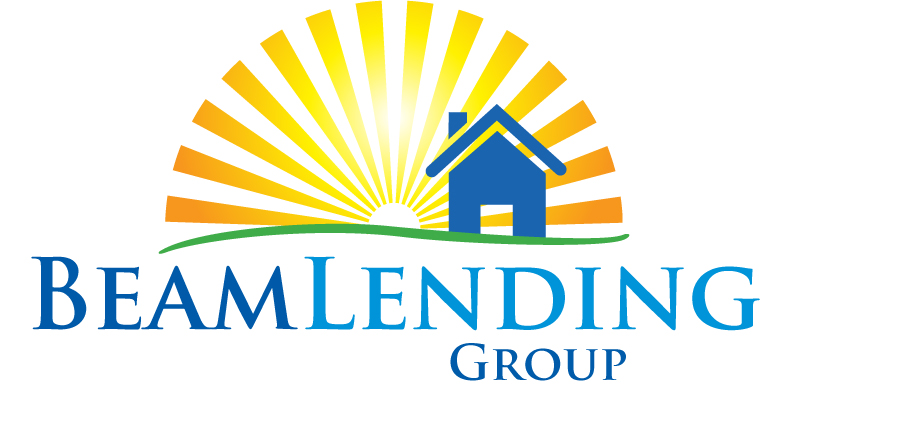For some self-employed borrowers, their yearly income taxes do not reflect their actual income. This is especially true for those who are business owners, independent contractors, self-employed, freelancers, or retirees. This makes it difficult when trying to apply for a loan and especially a traditional mortgage loan. When applying for a loan, most lenders measure a borrower’s income using pay stubs, W2s or in the case of a self-employed borrower, tax returns. At times, this may hinder or complicate the approval process for entrepreneurs and those who do not receive a typical W2 from an employer and jeopardize the ability for such borrowers to qualify for a mortgage.

A bank statement loan is the perfect solution for those who need an alternate way to verify their income to ensure mortgage approval. Instead of qualifying for a home loan based on your income taxes, bank statement loans are a non-qualified mortgage loan where qualification is based on your bank statements as opposed to your tax returns.
With a bank statement loan, the lender guideline asks for several months of bank statements to prove you are financially able to repay the loan. To qualify for this type of financing, you will usually need to provide a lender between 12 and 24 months of bank statement deposits. The lender then calculates your income by taking a percentage of your deposits and using that as a measure for your income.
Contact Marc to further discuss this popular alternative option to traditional documentation!
